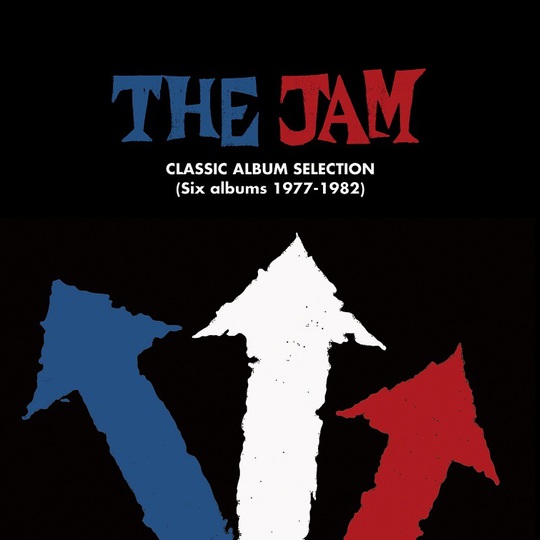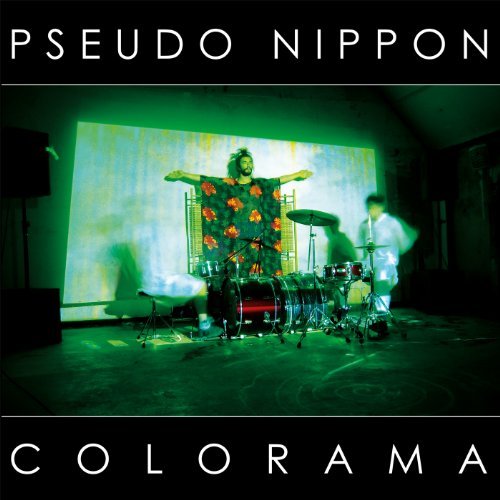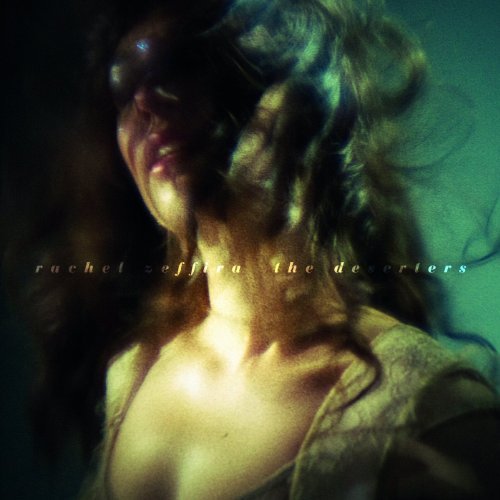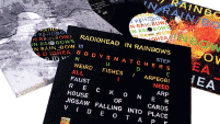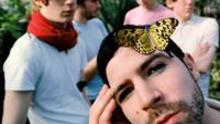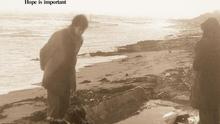Regardless of each member's musical output since, there's little disputing the fact The Jam remain one of the greatest singles bands these isles have ever produced. In five glorious years between 1977 and 1982 their output on 45 was only matched but arguably not bettered by only The Clash and Siouxsie & The Banshees. Even the likes of the Sex Pistols and the Buzzcocks released the odd duffer towards the tail end of their halcyon years. Unlike The Jam, who knew when to call it a day at precisely the right moment.
However, their albums - and they recorded six over the course of those five years - have never really been held in the same esteem, All Mod Cons and Sound Affects excepted. Which is a shame in many ways because when listened to chronologically they stand the test of time, if only as a mapping exercise to document the rise, rapid development and closing juncture of a band who came to outgrow themselves in the prime of their years.
They split in December 1982 after main songwriter Weller decided to pursue other musical ventures, meaning last month marked the thirtieth anniversary of their disbandment, hence the release of Classic Album Selection. Compiling all six of their albums in one box set, it serves as a timely reminder why The Jam were and still are so highly regarded. Even casual fans drawn to the band by the likes of 'Town Called Malice' and 'That's Entertainment' have enough to engross themselves in here. Although by no means perfect, each album merits inclusion simply by way of the good outweighing the bad, even when it's a close call between the two.
Indeed, it's no coincidence that the two least memorable or striking records here are the two that bookend the collection. Debut In The City, recorded in 1977 when the three band members were aged between 18 and 20 respectively, at times sounds like a rushed collection of demos released to coincide with that year's punk explosion. Raw but definitely not quite ready, it's a hotchpotch assortment of the good ('Art School', 'Away From The Numbers'), the great (the title track) and the downright questionable (a 90-second run through the 'Batman' theme anyone? Thought not...). Likewise The Gift, recorded towards the back end of 1982 when Weller's mind was clearly elsewhere. While 'Town Called Malice' will no doubt remain as one of its and subsequent generations' most iconic tunes and 'Carnation' stand out as something of a 'lost classic', the majority of The Gift sounds like Weller recorded it behind closed doors from fellow bandmates Bruce Foxton and Rick Buckler. That The Style Council's 'Speak Like A Child' emerged less than six months later probably tells its own story, as the likes of 'Ghosts', 'Circus' and 'Running On The Spot' resemble prototypes for Weller's yet-to-be-conceived next project.
Of the four albums that sit in between, there's little to pick fault with, the much maligned (at the time) This Is The Modern World included. If their debut was a raw and unfinished introduction to The Jam, then its successor - unleashed just seven months later - was an uncompromising gamble to say the least. Heavily criticised upon release, its contents have matured with age so much that while not quite scaling the heights of The Jam's next three records, it now clearly represents a marked improvement on what came before. Although the title track is still its best known moment, 'Life From A Window' and 'Tonight At Noon' display a more mature, observational and less nihilistic side to Weller's songwriting than anything on In The City. Unashamedly influenced by The Kinks, Small Faces and The Who while most of his peers berated such 'dinosaurs' (their words not mine), it's a seismic fusing of youth factions in an era where divisions between punks, mods, skinheads et al were rife often culminating in violent confrontations.
The Jam's piece de resistance arrived 12 months later in the shape of All Mod Cons, a record still brimming with a ferocious hunger today. Songs like 'Mr Clean' and 'In The Crowd' offer a panoramic view of Weller's world, while 'English Rose' - his first ballad - has a tenderness about it way beyond its writer's years. And then of course there's 'Down In The Tube Station At Midnight', a startling tale of a mugging on London's underground that heralded The Jam's arrival as serious contenders while many of their punk rock contemporaries had already started to flag. In some ways it was only the beginning. To these ears it remains the pinnacle of their entire output. Four-and-three-quarter minutes of defining excellence.
Prolific by nature, Setting Sons appeared exactly a year later in November 1979. Initially intended as a concept album, the advent of the songs themselves seemingly putting paid to that idea in that by the time they'd finished it would be difficult to omit any of the recordings regardless of any running theme. If anything, the most obvious linkage would be that the majority of Setting Sons seems to be based around some form of protest or another, whether it be the anti-war sentiments of 'Little Boy Soldiers', public school berating 'Eton Rifles' or the defiant stance against large corporations that is 'Burning Sky'.
By the time 'Sound Affects' came around, again in November of the following year, it seemed like The Jam had channeled all their energies and frustrations into one basket. If anything it felt like Weller, Foxton and Buckler had culled the best bits from its predecessors into one giant melting pot. 'Pretty Green' is delightful yet poignant in its message and delivery; likewise 'That's Entertainment' and 'But I'm Different Now'; while the dreamy 'Boy About Town' (later re-arranged and covered by Helen Love) stands proud as one of the finest 45s that wasn't yet should have been. If this was to be The Jam's last truly great long player than Sound Affects is a fitting epitaph.
What is quite extraordinary for a band of The Jam's stature in churning out consistently great singles (19 in all) is that almost half of them didn't feature on any of their studio albums. Imagine that happening in the current climate. Not a chance... Perhaps the biggest downside of Classic Album Selection is that most Jam completists will more than likely own 1997's warts-and-all anthology box set Direction Reaction Creation if not each of these albums in their own right. Nevertheless, from the perspective of its content, Classic Album Selection is a worthwhile purchase for anyone still in doubt over the reverence bestowed upon The Jam both past and present.
-
8Dom Gourlay's Score

